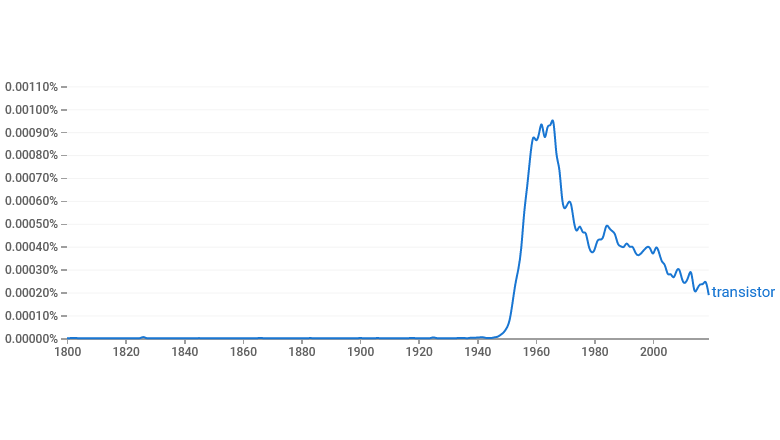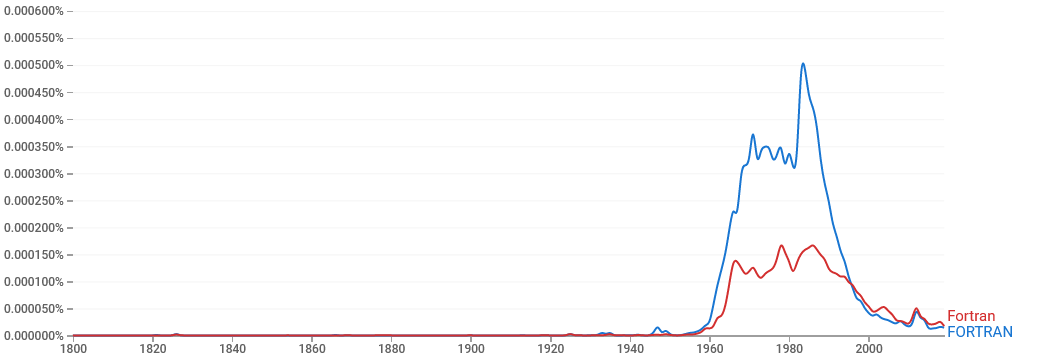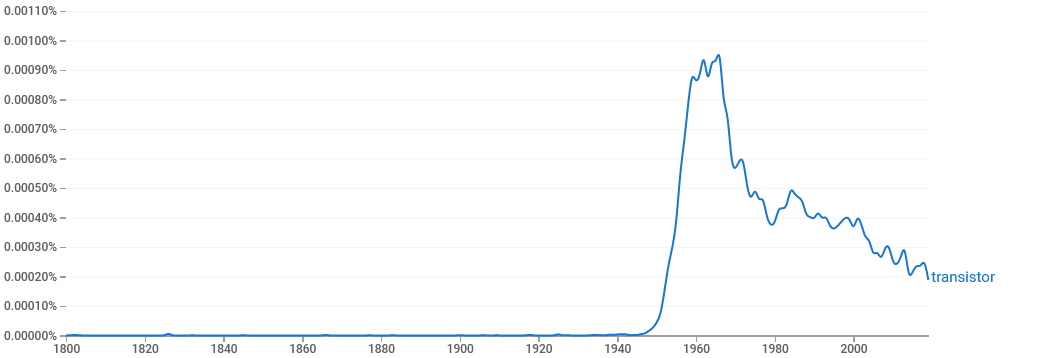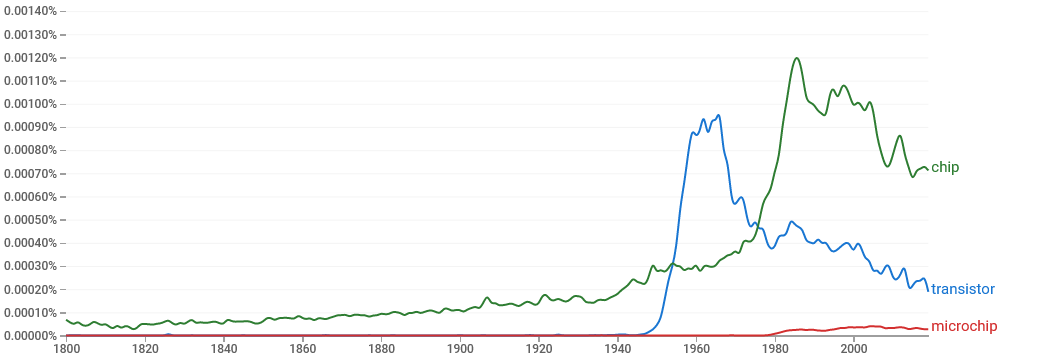
To make the right decisions in various life situations, it is very useful to have an adequate model of the world. In particular, it is useful to be able to compare the popularity of different items and assess the dynamics of this popularity. For example, you are a publisher and you are being asked to translate and publish a book on the Fortran programming language. After all, it is still used, English-language literature is being published, and we have not had anything for a long time. Or, say, in the Julia language. There are no books on the current version of the language in Russian yet. You can take some of the most popular English, translate, publish and hit the jackpot. In situations like this, it is useful to be able to peek at the popularity of these languages relative to others and what the dynamics of this popularity are. An example with programming languages is just for clarity,similar problems arise when analyzing the popularity of various programs, technologies, scientific concepts.
, . , . . - , , , . , . , , - .
. , . , , PYPL. . . - , . , PYPL Fortran. , – , , 50 . . , , Google Trends. , , , Fortran () , Matlab (). Matlab, , . – :
, , , 2004 . Google, . , Fortran . , « » . 2004 .
- - , , . , , , Google. – Google Books Ngram Viewer. , Google Books. – , , , . , Google Google Books. , , : . , , - .
, . – . 1800 (!!) . – , , . , , Fortran:

, Fortran ( ) FORTRAN ( ) – . , , FORTRAN+Fortran:
, , . , - :
, :

«» , . .
, - , . , , Fortran MATLAB:
, . . , , “chip” , , “ microchip”, , :

, “Fortran+FORTRAN”, “MATLAB” “Julia”, , – - , :

Julia . , , – . . , Google Trends. , , .
-, , - . , , “electric”, “software” “experiment” “software”, XX , “electric” – , , “experiment”. , 1800 . – , :

-, , , – . , , . “Stalingrad”, “Sputnik” “perestroyka”:
, . , . .
- , , “genetic” “neural”, - , XX :
. , - . , , ( -) ( ). ́ :
- , , . “Lomonosov”:
(, - ), , .
, Google Books , , , , - .
, , , - , . , , . , .
, , , , , - . , - , , .
. , . . , , , .
. , , . – .
- . , , , . - , .
. , «», , , . - . , , .
. , - .
( – ). , , .
, . , , .
. , . , . . - . .
:
This is probably how the world library of the future should be arranged. In fact, this is already her prototype.
The service allows you to evaluate the contribution of individual concepts to the total set of all recorded human texts, that is, the thoughts of representatives of our civilization actually ever expressed. But what should you call this aggregate?